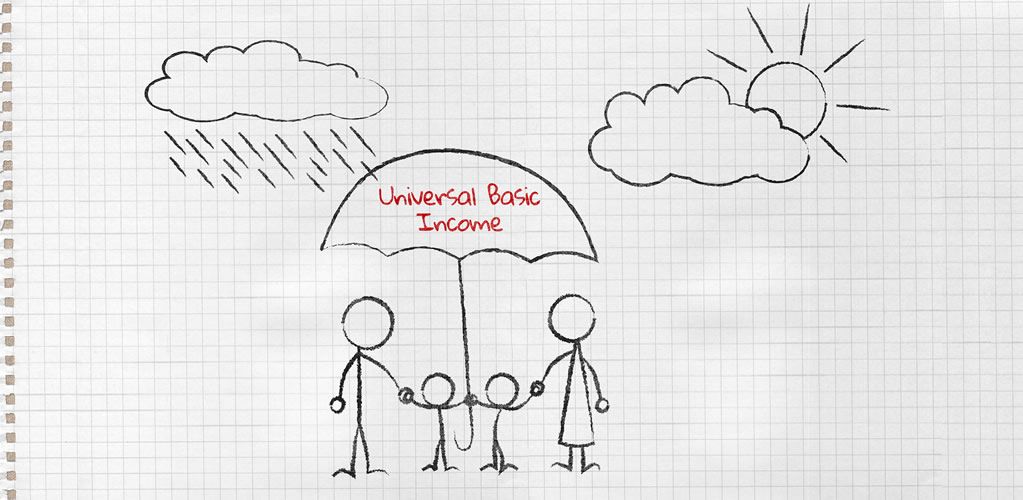How UBI could save the NHS billions
New research shows that universal basic income (UBI) could save the NHS billions by preventing mental and physical health problems. UBI could also boost the economy and reduce inequality.

New research shows that universal basic income (UBI) could save the NHS billions by preventing mental and physical health problems. UBI could also boost the economy and reduce inequality.
N ew research funded by the National Institute for Health and Social Care Research (NIHR), as part of a project entitled ‘Understanding the prospective public health impact and social feasibility of Universal Basic Income schemes in the UK’, provides compelling evidence in favour of implementing a universal basic income (UBI) in the UK.
The study suggests that UBI has the potential to save the National Health Service (NHS) billions of pounds. UBI could improve overall well-being, stimulate the economy, and reduce inequality by guaranteeing a regular, government-backed income for all.
A strong case
The modelling indicates that a weekly UBI of £75 could prevent up to one million cases of depression and an additional one million physical health symptoms annually. These significant health benefits would result in substantial cost savings for the NHS and cost the government between £274bn-£675bn a year.
CONTINUE READING...
Enjoy unlimited access now.
To get full access to this article,
simply become a member of PUBLIC SQUARE now.
By doing so, you will be supporting
our independent journalism.
MEMBERSHIP OPTIONS:
£3/month ∙ £5/month ∙ £7/month
You can cancel anytime.
BECOME A MEMBER
Already a member? Sign in here!
BENEFITS OF MEMBERSHIP:
✅ Read exclusive member-only articles
✅ Read our daily review of the UK front pages
✅ Receive every new article by email
✅ Access all our articles
✅ Get Special Discounts with our partners
✅ Join the conversation: Comment our articles
✅ Access our archives
✅ More importantly: Support independent journalism and keep the magazine going
Read more

— On his first day, Donald Trump pardoned January 6 rioters, emboldened extremists, and signed a vague economic order, raising deep concerns about his emboldened presidency and unpredictable future actions.

— Donald Trump’s second inaugural speech showcased an authoritarian manifesto, blending messianic self-aggrandisement, disdain for democratic norms, and admiration for dictators, marking a profound shift toward personality-driven, divisive governance.

— Your daily roundup of the front pages of the main newspapers and magazines today in the UK... and beyond.

— In his fiery address, Donald Trump pledged bold, contentious reforms prioritising immigration, energy, and national sovereignty, reigniting “America First” rhetoric.
|
|

